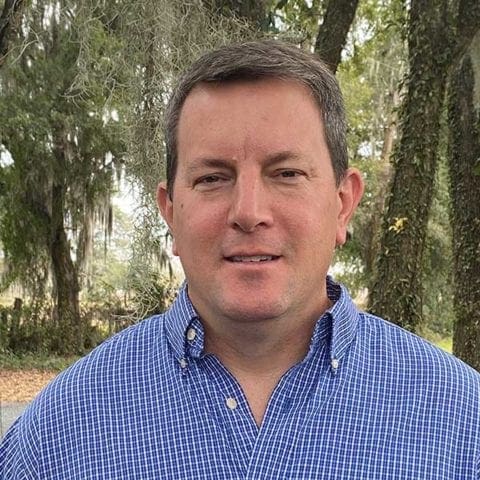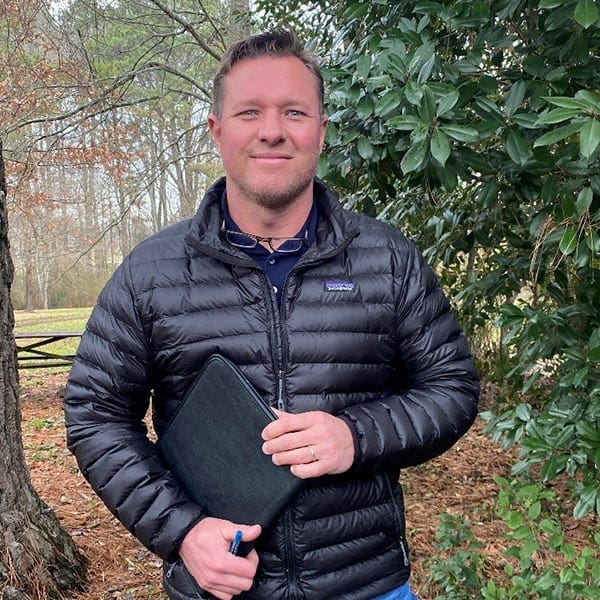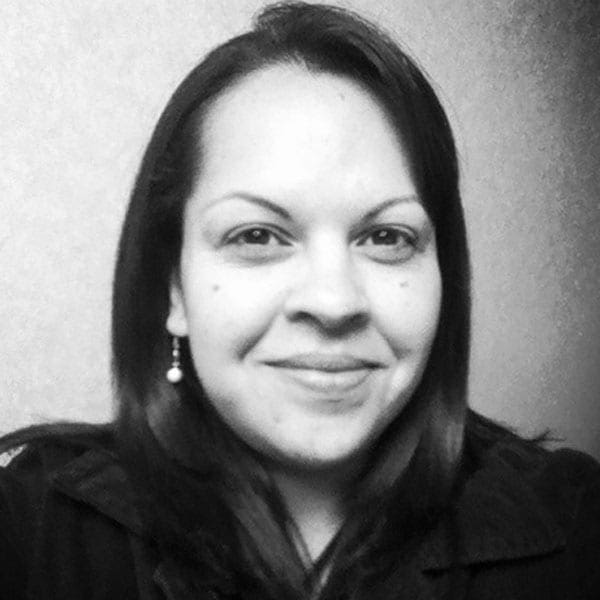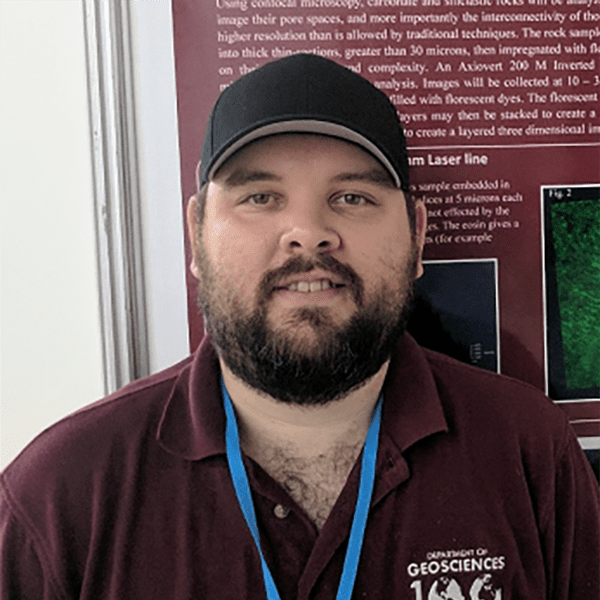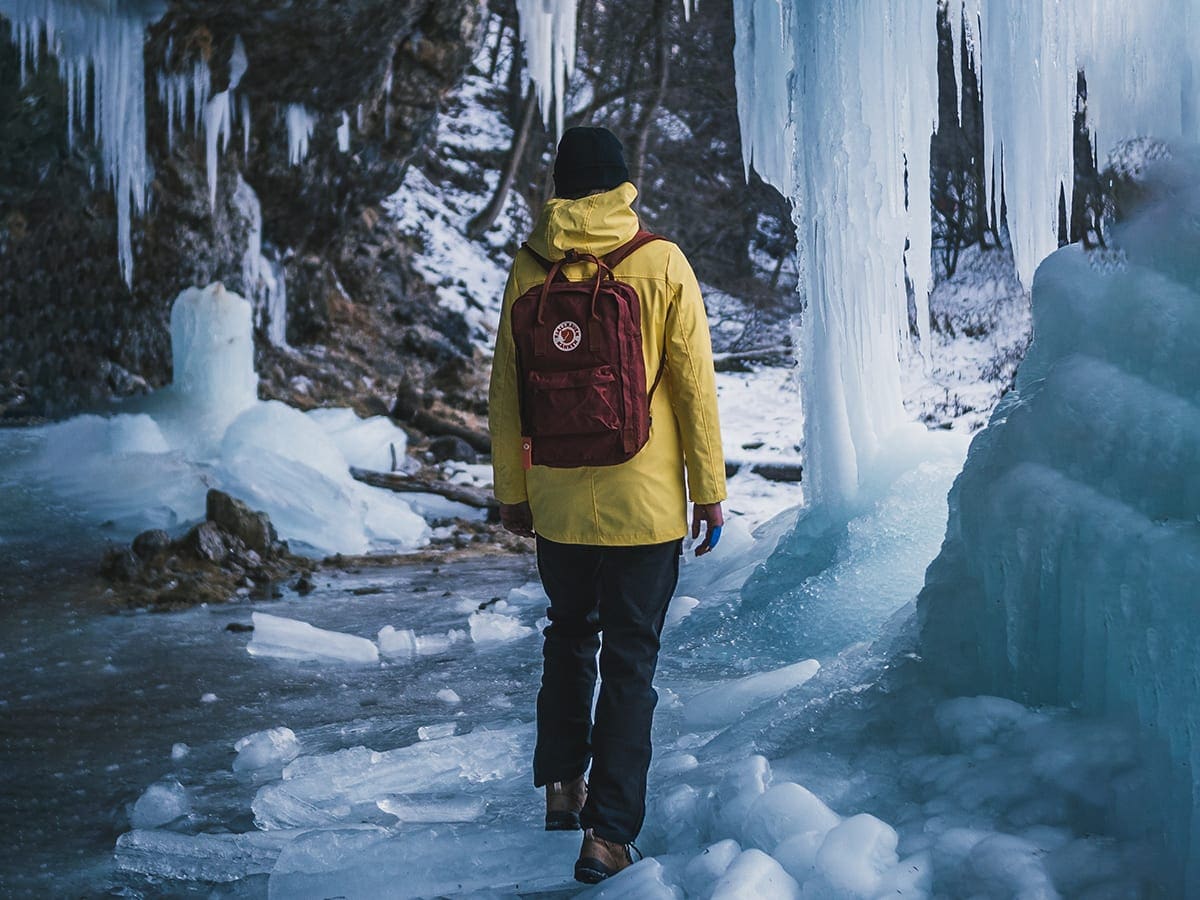
Environmental Science and Climate Change
Bachelor of Science
Your green dreams can
become a career reality.
Delve into a holistic understanding of environmental challenges, connecting ecosystems, biodiversity, and climate change to ignite real change. Our program is tailored for you, whether you’re a working professional or residing in a remote corner of the globe, ensuring that your education fits seamlessly into your life.
Your degree is a key to unlock impactful green careers in sustainability consulting, environmental policy, renewable energy, and climate change mitigation. Be the catalyst for change our planet needs. Connect globally with like-minded changemakers, expanding your network and gaining insights on a planetary scale.
Enroll now, and actively turn your passion for green skills into a rewarding career that makes a tangible difference in the world.
Program Overview
The BS in Environmental Science and Climate Change degree enables students to work effectively as environmental consultants, environmental resources specialists, or climate resilience scientists. Learning through the lens of climate change adaptation and mitigation, this program also prepares students with a sound understanding of modern environmental issues, sustainability, and restoration, and helps them build the professional skills needed for effective functioning in modern natural resource organizations. Join us in making a positive impact on the environment and building a sustainable future.
Career Outlook
Earn your degree.
Unlock new opportunities.
Environmental scientist and specialist jobs in the U.S., 2018.
Median pay for environmental scientists and specialists, 2018.
Estimated U.S. job growth for environmental scientists and specialists through 2028.
Environmental scientist and specialist jobs in the U.S., 2018.
Median pay for environmental scientists and specialists, 2018.
Estimated U.S. job growth for environmental scientists and specialists through 2028.
*Source: U.S. Bureau of Labor Statistics. Unity Environmental University cannot guarantee employment. Salary data represents averaged earnings for the occupations listed and includes workers at all levels of education and experience.
Experiential and Immersive Coursework

Environmental Field Log
Students use observation and survey data to identify three environmental issues in their local environments. They learn how to organize and maintain a scientific field log.
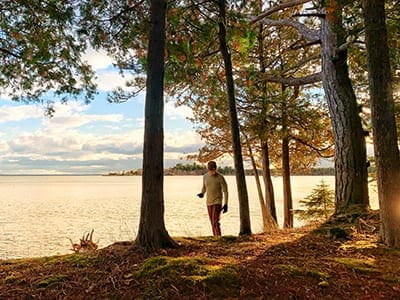
Human Impacts on the Environment
In this coursework, the students, guided by the principles from natural sciences, are asked to determine what human activities have impacted our environment in their local communities. They may also discover what geologic processes have put humans or their property at risk. Students should consider the causes and outcomes as well as solutions to these issues.

Community Climate Change Appraisal
Students analyze environmental impact data from their local community. They propose and evaluate solutions to specific problems and develop strategies for communicating them to local community members.
Environmental Science and Climate Change Degree Requirements and Courses
The Environmental Science and Climate Change degree requires 120 credits, including 30 that must be completed at the 300 level or above. You may transfer in up to 90 credits from outside accredited institutions. View our full course catalog for a better look into your program, then apply online for free to get started.
Frequently Asked Questions
-
What is Environmental Science and Climate Change?
Environmental Science and Climate Change focuses on understanding and mitigating the impacts of climate change on ecosystems, human health, and global environments. Professionals in this field conduct research, analyze climate data, and develop sustainable solutions to environmental challenges. Key roles include environmental scientists, climate change analysts, sustainability consultants, and policy advisors.
These experts work with governments, NGOs, and businesses to create and implement policies that promote renewable energy, reduce carbon footprints, and ensure compliance with environmental regulations. They also engage in public education and advocacy to raise awareness about the urgency of climate action.
With the growing emphasis on sustainability, careers in Environmental Science and Climate Change offer opportunities to make a significant impact on global environmental health. This field is ideal for those passionate about protecting the planet and promoting sustainable development. Explore the dynamic and impactful world of Environmental Science and Climate Change today.
-
What courses will I be taking?
General Education Core: 32 credits
Environmental Professional Core: 13 credits
Elective Courses: 44 credits
Program Core: 31 credits- BIOL 201: Organisms that Sustain the Earth: Understanding Plants
- BIOL 203: Ecological Principles: Applications to Conservation and Wildlife
- CHEM 101: Chemistry I
- CHEM 102: Chemistry I Laboratory
- ENCJ 305: Natural Resource Law and Policy
- ESCI 101: Geology and Our Environment
- ESCI 301: Soil Analysis
- ESCI 303: Hydrology, Wetlands and Water Policy
- ESCI 305: Environmental Remediation and Toxicology
- ESCI 401: Environmental Science Field Techniques
- MATH 401: Statistics for Wildlife Professionals or ENVS 303: Social Science for Environmental Professionals
For course requirements and a better look into your program, view our full course catalog. Then apply online for free to get started.
-
How fast can I finish?
Our comprehensive 120-credit program can be tailored to fit your schedule and goals! Completion time is flexible, determined by the number of credits you choose to take each term (8 terms/year) and less time with transfer credits. Without transfer credits, you can anticipate the following completion times:
- 48 credits/year: Fast-track your education in only 2.6 years
- 30 credits/year: Achieve your degree in 4 years
- 24 credits/year: Complete in just 5 years
-
How much does it cost?
Your online education should be affordable and manageable. Our team of distance education concierges will work with you through the admissions process to help you plan and pay for your degree. Learn more about the costs here.
-
How many credits can I transfer?
Apply online (it’s free!) and a distance education concierge will reach out to create an individualized plan for transferring your credits. You may also want to try estimating your transfer credits using Transferology.
Program Features
High Value Education: Nationally recognized for the quality of our programs delivered at an affordable price.
Social Mobility: Unity ranks in the top 15% of colleges in the U.S. for fostering upward mobility.
Sustainability Core: All programs are committed to sustainable practices, preparing you for a future of environmental awareness in all fields.
Flexible Learning: Balance work and education effortlessly by choosing when and where you want to study.
Flexible Start Dates: 8 start dates per year allows you to control your schedule
Personalized Guidance: Benefit from individualized academic and professional advising, where we are dedicated to turning your career and academic aspirations into tangible achievements.
Transfer-Friendly: Shorten your academic timeline, since we accept up to 90 credits to value your prior academic achievements.
Experts in the Field
Dr. Danielle Reid
Adjunct Faculty in Environmental Science
Start an environmental journey with Dr. Danielle Reid, our dynamic Adjunct Professor at Unity Environmental University. Armed with a Chemistry degree and a passion for exploration, Danielle’s academic odyssey led her from Xavier University of Louisiana to UC Davis Genome Center and beyond. Mastering Environmental Toxicology at Tulane University, she delved into the aftermath of the Gulf Oil Spill, leaving an indelible mark.
With expertise spanning Industrial Hygiene at NASA and post-Hurricane Katrina initiatives, Danielle is more than an educator—she’s a hands-on researcher. As the brains behind Science L.E.A.F, she crafts curricula shaping the next generation of environmental leaders. Ready to decode the secrets of Environmental Health? Join Dr. Reid on an educational adventure where every class is a gateway to transformative insights!
Faculty Profiles
Seek out knowledge.
Learn from leaders.
Last Updated on June 21, 2024


